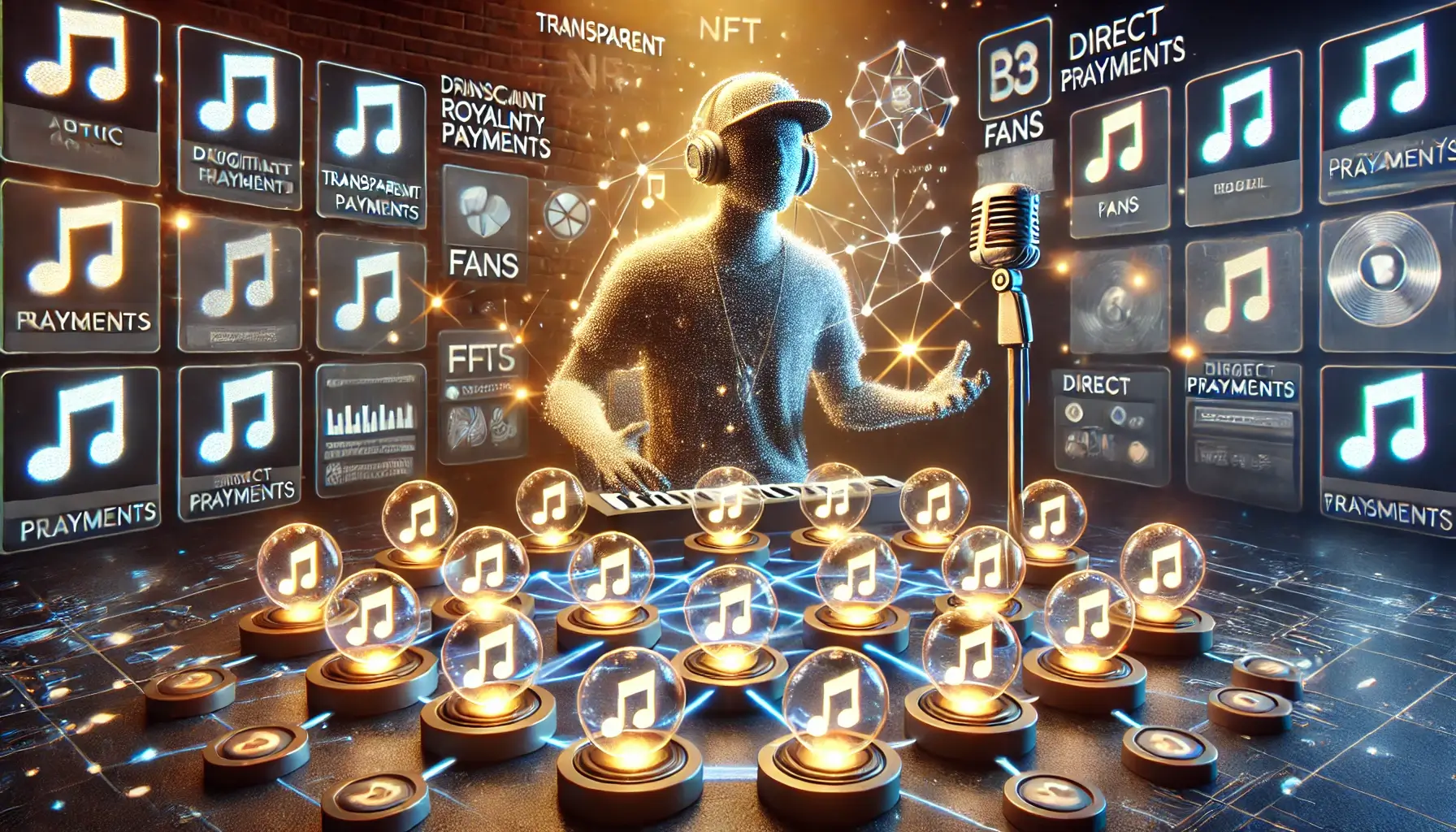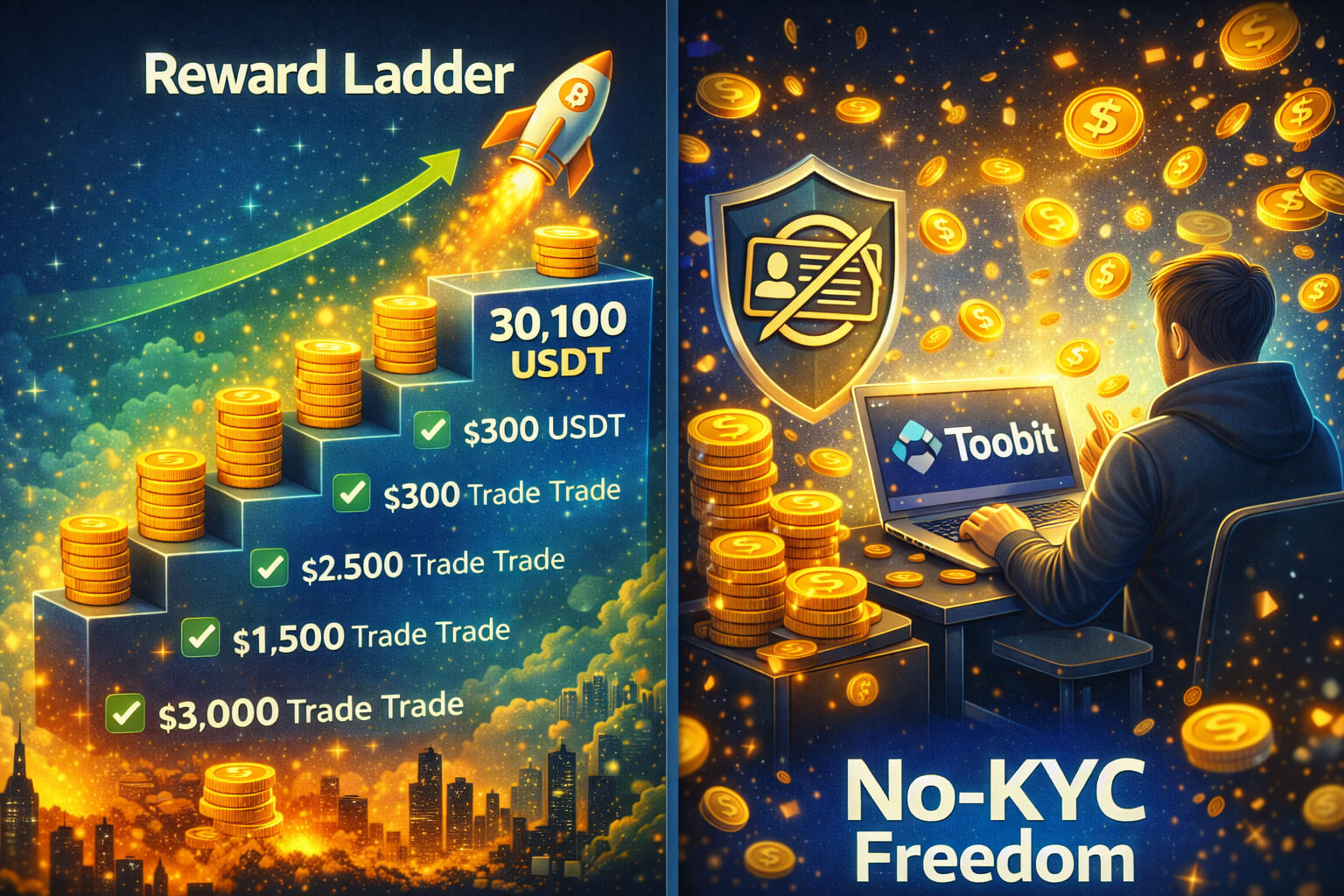The Impact of Blockchain on Media and Content Creation: Empowering Creators and Protecting Their Rights
The media landscape is evolving rapidly. Creators have more platforms than ever to share their work, but they face growing challenges around intellectual property protection and fair monetization. It’s tough to control your work and secure earnings in a world of endless digital distribution. Blockchain technology, however, is offering new ways for creators to monetize their content and safeguard their rights. In this blog, we’ll explore how blockchain is revolutionizing media and content creation, enabling creators to take full control of their work.
Traditional Challenges in Media and Content Creation
Before blockchain, creators often encountered several hurdles in protecting and monetizing their work:
- Intellectual Property Theft: Digital media can be copied or shared easily. This makes it difficult for creators to prove ownership and track unauthorized use. Piracy and plagiarism continue to undermine the control that artists have over their work.
- Complex Royalties and Licensing: Traditional media systems depend on centralized platforms to handle royalties and licensing. These middlemen often claim a large percentage of the revenue. Payment delays are also common, which frustrates creators.
- Indirect Fan Engagement: Creators typically rely on third-party platforms to reach their audiences. These platforms dictate the terms, control data, and take a huge slice of the profits.
To better understand how blockchain helps tackle challenges like piracy, you can check out our blog on how blockchain protects intellectual property.
How Blockchain is Revolutionizing Media and Content Creation
Blockchain is solving these traditional problems by providing security, transparency, and new monetization opportunities for creators. Here’s how.
1. Immutable Proof of Ownership
Blockchain provides an immutable ledger that allows creators to timestamp and upload their work. This feature ensures that no one can alter or delete the record of who owns the content and when it was created. It offers irrefutable proof of ownership, which is critical for settling disputes over IP rights.
For instance, a musician can upload a track to a blockchain-based platform, and this time-stamped entry acts as verifiable proof of their ownership. Even if others attempt to steal or replicate the work, the blockchain record clearly shows the original creator and the creation date.
To dive deeper into the concept of ownership and how blockchain secures digital assets, you might find our post on the future of tokenized real estate insightful.
2. Direct Monetization with NFTs
Blockchain enables creators to sell their digital content directly through non-fungible tokens (NFTs). These NFTs allow creators to tokenize unique versions of their media—whether it’s artwork, music, or video—making it verifiable, collectible, and tradable.
For example, an artist can create a limited edition digital artwork as an NFT and sell it directly to fans. This bypasses intermediaries and ensures that creators earn significantly more from their work. Moreover, thanks to smart contracts, creators can also earn royalties every time the NFT is resold in the secondary market.
If you’re curious about how smart contracts work, especially in a commercial setting, check out our blog on blockchain’s use in digital advertising.
3. Fair and Transparent Royalty Payments
Traditional royalty systems are slow and often unclear. Blockchain, however, simplifies this process. Through smart contracts, royalties can be automatically distributed to creators whenever their content is used or sold. There’s no need to wait for months or deal with intermediaries. Blockchain’s transparency ensures that creators can track every transaction, making royalty payments both instant and fair.
4. Direct Engagement with Fans
Another revolutionary feature of blockchain is its ability to connect creators directly with their fans. Blockchain-based platforms give creators control over their pricing, distribution, and fan interactions. For instance, musicians can offer fan tokens that grant exclusive access to music, behind-the-scenes content, or special events. This creates a more intimate and rewarding fan experience, without relying on platforms like YouTube or Spotify that take a large portion of the profits.

Key Benefits of Blockchain for Content Creators
1. Full Ownership and Control
Blockchain ensures that creators have total control over their work. There’s no need to rely on centralized platforms or intermediaries that dictate terms or take a large slice of the profits. Creators can distribute, price, and protect their work as they see fit.
2. Instant Payments
Thanks to smart contracts, creators receive payments instantly when their content is sold or used. This eliminates frustrating delays often associated with traditional payment systems.
3. Ongoing Royalties
With blockchain, creators can earn royalties every time their work is resold. This creates a long-term revenue stream, even after the initial sale.
Conclusion: A New Era for Media and Content Creation
Blockchain technology is transforming the world of media and content creation. By providing creators with secure ownership records, direct monetization through NFTs, and automated royalty payments, blockchain empowers artists, musicians, writers, and other content creators like never before. As the technology matures, we can expect even more creators to turn to blockchain to protect their intellectual property and enhance their earning potential.
Whether you’re a digital artist, musician, or filmmaker, blockchain offers a future where you have total control over your content. The days of relying on centralized platforms to manage your career may soon be behind us, replaced by a system where creators are in charge of their destiny.
For more insights into how blockchain is revolutionizing industries, check out our previous blogs on blockchain’s role in digital advertising and how it protects intellectual property.
FAQs
1. How does blockchain help protect media content?
Blockchain records immutable, timestamped proof of ownership, making it easier to prove who owns the content and when it was created. This proof helps creators combat piracy and plagiarism.
2. Can blockchain help creators earn more from their content?
Yes, blockchain enables creators to sell their work directly through NFTs, cutting out intermediaries. Smart contracts also allow creators to earn ongoing royalties every time their work is resold.
3. How does blockchain improve engagement with fans?
Blockchain allows creators to connect directly with fans, offering exclusive content, fan tokens, and special rewards, all without relying on third-party platforms that control data or profits.
For more insights and detailed guides on cryptocurrency, visit our Crypto Guides Section.
Stay Updated
For the latest updates on cryptocurrency trends and news, follow us on:
- Twitter: https://twitter.com/FreeCoins24
- Telegram: https://t.me/freecoins24
Stay informed with the latest strategies and insights in the world of cryptocurrency at FreeCoins24.io.
Special Offer
For an enhanced trading experience, consider Bybit. Sign up through our referral link to unlock exclusive rewards, including up to $30,000 in deposit bonuses, and elevate your trading journey.

















